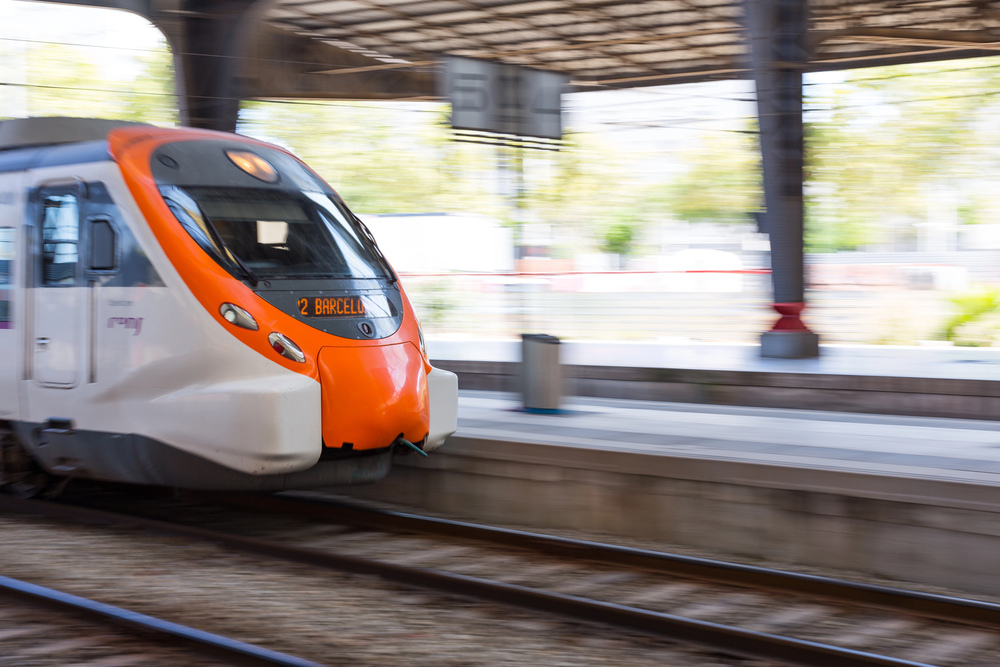Spain blocks Hungarian Talgo train factory deal over Orbán’s Russia ties

Hungary’s Ganz-MaVag consortium made a generous offer to acquire 100% of the shares of the Spanish train manufacturer Talgo. However, from the start, the Spanish government opposed the deal, citing Hungarian Prime Minister Viktor Orbán’s pro-Russian policies. Eventually, Spain successfully prevented the transaction, leaving Hungary reliant on outdated, 20–30-year-old Western European train carriages.
Generous offer derailed by political concerns
Months ago, Ganz-MaVag submitted an official bid for Talgo’s shares, but even before the formal offer, rumours circulated that Spain would block the purchase due to concerns over Orbán’s close ties to Russia. Spanish authorities had made it clear that such a deal was not on the table.

The decision-making process was drawn out. The Foreign Investment Council, part of Spain’s Ministry of Economy, delayed the anticipated July decision until 27 August, when it was finally confirmed that the sale would not go through, as reported by Portfolio.
Spain’s economic ministry issued a statement explaining that the cabinet agreed to reject the foreign direct investment from Ganz-MaVag in Talgo due to national security and public order risks identified during the investigation. Talgo holds access to sensitive information, which heightened the concerns.
National security fears lead to final rejection
Back in March, Ganz-MaVag had placed a bid of EUR 619 million for Talgo, which was valued at EUR 590 million at the time—a notably generous offer. Despite this, Spanish Prime Minister Óscar Puente strongly opposed the sale, citing Hungary’s close ties with Russia, and vowed to block the deal.
Spain followed through on this promise, consistently extending deadlines to give other potential buyers time to make offers. Companies such as Switzerland’s Stadler Rail and the Czech Republic’s Škoda were considered. Meanwhile, the Spanish government also repeatedly requested additional documents from the Hungarian consortium, further stalling the process.
Hungary’s railway situation remains precarious. According to János Lázár, Hungary’s Minister of Transport and Construction, acquiring Talgo would have provided valuable knowledge for producing new, domestically-made train carriages. Instead, Hungary now faces a 4-year wait for new carriages and, as an interim solution, plans to purchase decommissioned 20–30-year-old Western European train cars.
Read also:
Featured image: depositphotos.com
Source:






